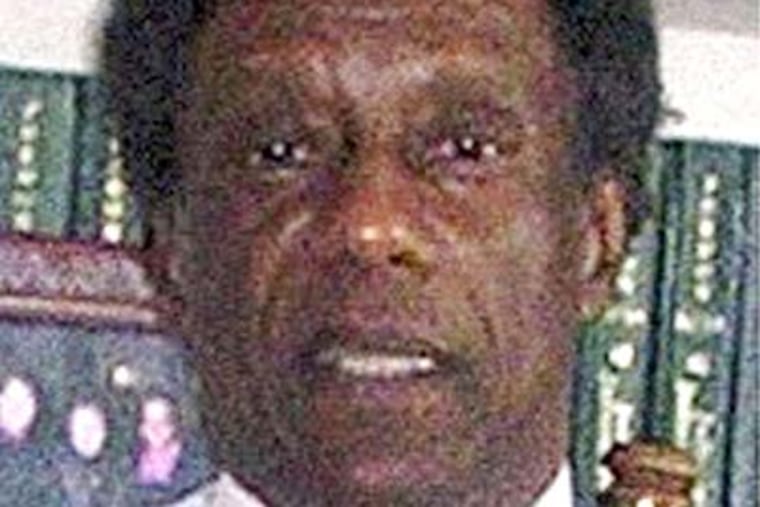Supreme Court suspends former Phila. judge's law license
PHILADELPHIA It's been 18 months since Philadelphia Common Pleas Court Judge Willis W. Berry Jr. retired on the day he was to pay a $180,000 civil fraud judgment involving a property that a jury found he acquired by deceiving a client.

PHILADELPHIA It's been 18 months since Philadelphia Common Pleas Court Judge Willis W. Berry Jr. retired on the day he was to pay a $180,000 civil fraud judgment involving a property that a jury found he acquired by deceiving a client.
Now, that same ethical violation has cost the 71-year-old Berry his license to practice law for the next year. The state Supreme Court on Wednesday approved without comment the suspension recommended in October by its lawyer Disciplinary Board.
The board's report called Berry's violation "serious misconduct" that requires suspension to "protect the public and preserve the integrity of the legal profession."
Samuel C. Stretton, who represented Berry before the Disciplinary Board in 2012, said he was "very disappointed that he has been disciplined for something that occurred . . . 19-plus years in the past. He's done a lot of good."
At the hearing, the report reads, Berry presented 20 character witnesses who praised his community work and mentoring of young minority lawyers.
Beyond the "embarrassment," Stretton said, the suspension will have little impact on Berry. Stretton said Berry has not worked as a lawyer since retiring; he buys and rehabilitates North Philadelphia properties.
The land dispute underlying the suspension dates to 1993, two years before Berry became a judge, when he was a lawyer investing in real estate.
According to court documents, Berry had long tried to buy a vacant lot at 1533 W. Girard Ave., next to his law office.
His opportunity came when a woman named Denise Cleveland slipped and hurt her back walking in front of the lot.
Cleveland sued the lot's owners, using Berry as her lawyer. One day, according to court testimony, Berry told Cleveland she was getting $1,500 as the settlement for her lawsuit and gave her a sheaf of papers to sign.
It was not until 2007 that Cleveland - then married and known as Denise Jackson - learned she had been cheated out of thousands when an Inquirer reporter showed her deeds and other papers listing her, briefly, as the lot's owner.
Jackson sued Berry for civil fraud in Common Pleas Court, contending she never knew she owned the lot Berry acquired as part of her settlement.
Jackson testified that she learned the property was last sold in 1988 for $25,000 and by 2009 was appraised at $180,000.
Jackson's lawsuit and The Inquirer's coverage of Berry's business dealings from his judicial offices led to the judge's suspension in 2009 by the state Court of Judicial Discipline for ethics violations.
Later in 2009, Jackson's suit against Berry went to trial and a Philadelphia jury awarded her $9,859 in compensatory damages and $180,000 in punitive damages. The award was affirmed on appeal.
In recommending suspension of Berry's law license, the Disciplinary Board cited negative publicity from his suspension from the bench and the civil fraud trial, saying they hurt the "public's perception of the legal profession and judiciary."
215-854-2985 @joeslobo